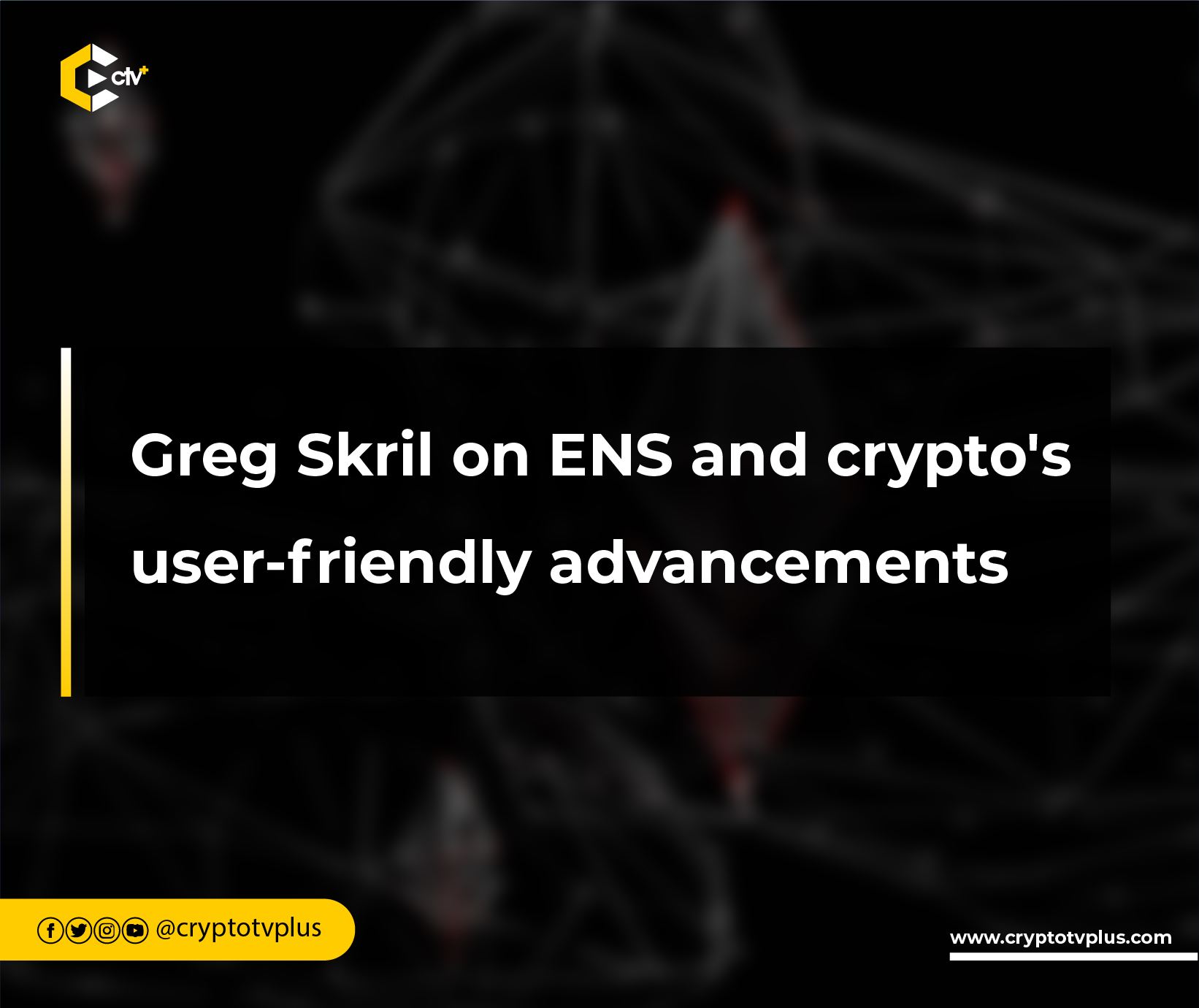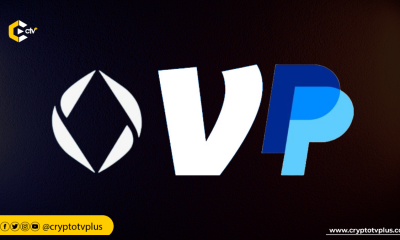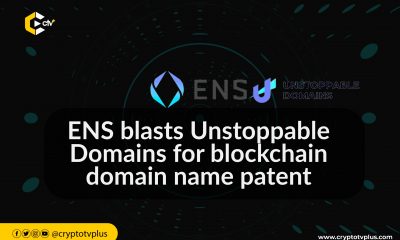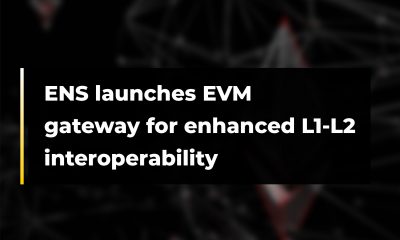FEATURED
Greg Skril on ENS and crypto’s user-friendly advancements

The problem with identity in traditional web systems includes issues like privacy breaches, data centralization, and identity theft.
Blockchain-based decentralized identity solutions address these problems by giving users more control over their data, reducing centralization, enhancing security, allowing user consent, improving interoperability, and streamlining identity verification.
One of such solutions, ENS, was comprehensively described at EthGlobal by Greg Skril, a core contributor at ENS. ENS, the Ethereum Name Service, is a decentralized and permissionless Ethereum-based naming protocol.
It was designed to scale to the internet and serves a purpose similar to the traditional Domain Name System (DNS), which translates human-readable domain names into IP addresses.
He added that ENS, however, solves an even more complex problem by abstracting Ethereum addresses into user-friendly, human-readable names.
Decentralized Web3 identity
Greg stated that while ENS began as a Web3 username, a more user-friendly alternative to the cumbersome Ethereum addresses. Over time, it has evolved into a comprehensive Web3 profile.
ENS offers two types of resolution, forward and reverse, enabling users to not only receive funds using their names but also establish a primary name that represents their universal Web3 profile.
Why ENS matters
Greg noted that ENS is not just a fun and user-friendly naming system; it offers several essential benefits. It’s portable, extensible, and works across multiple blockchains.
ENS is a public good, fully decentralized, and most importantly, it vastly improves the crypto user experience.
He added that the ENS naming system has variants of its names such as “.eth,” “.com,” “.xyz,” “.io,” and others.
This expansion means that users can send funds or interact with Web3 applications using DNS names, not just Ethereum addresses.
Additionally, DNS names come with a small annual fee to prevent name squatting, ensuring a healthy ecosystem.
Making off-chain names possible
Furthermore, Greg revealed that a new development in ENS is the introduction of off-chain names.
These names are powered by a standard called CCIP Read, an Ethereum standard for securely retrieving off-chain data from smart contracts.
Off-chain names don’t involve an ENS protocol fee or gas costs, making them incredibly flexible and cost-effective. This approach is already used by Coinbase and Lens Eco.
Finally, Greg said that ENS is not just about simplifying addresses; it’s a game-changer for Web3. Users can establish a universal Web3 profile, participate in communities, create immutable text records, name smart contracts, and even use ENS names as usernames in decentralized social protocols.
With ENS, the possibilities are vast, and it’s driving a new era of user-friendly interaction with the blockchain.
Read also; How Hyperlane is tackling the interoperability challenge in Web3
























